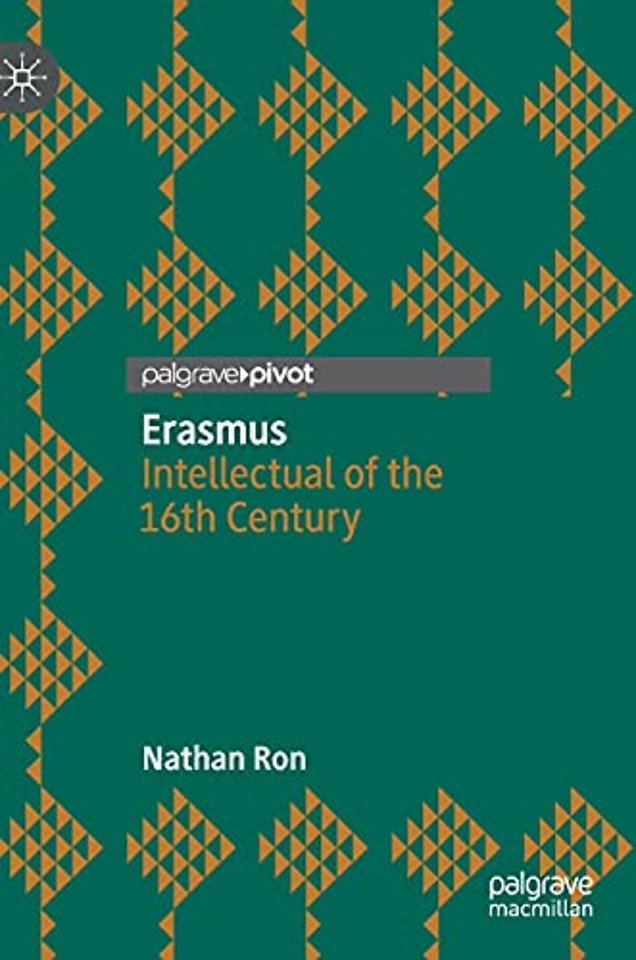Erasmus
Intellectual of the 16th Century
Samenvatting
This book is a sequel to Nathan Ron's Erasmus and the “Other.” Should we consider Erasmus an involved or public intellectual alongside figures such as Machiavelli, Milton, Locke, Voltaire, and Montesquieu? Was Erasmus really an independent intellectual? In Ron's estimation, Erasmus did not fully live up to his professed principles of Christian peace. Despite the anti-war preaching so eminent in his writings, he made no stand against the warlike and expansionist foreign policies of specific European kings of his era, and even praised the glory won by Francis I on the battlefield of Marignano (1515). Furthermore, in the face of Henry VIII’s execution of his beloved Thomas More and John Fisher, and the atrocities committed by the Spanish against indigenous peoples in the New World, Erasmus preferred self-censorship to expressions of protest or criticism and did not step forward to reproach kings of their misdeeds or crimes.

